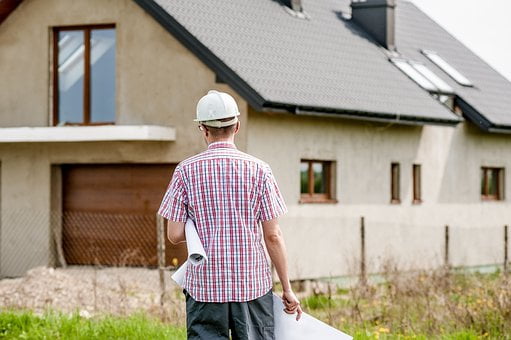Smaller houses lead to bigger problems
Smaller houses lead to bigger problems For instance: you’ve saved up enough money to buy a plot of land in the country where you can construct the modest dwelling of your dreams. A contractor you hire will finish the framing, rough plumbing, and installation of most windows and doors. Your dream of a bucolic country retreat is coming true. A month after you pay the builder, you realise he isn’t following your designs or staying inside the budget you agreed upon. Even worse, there are flaws in the building’s framework and assembly. You report your worries to the city government, which then mandates that you have a structural engineer examine the structure. The structural engineer has confirmed there are major violations of building codes and construction flaws. Your contractor has quit the job without completing any necessary repairs. Your quaint country cottage is rapidly becoming a living hell. A couple was affected by this chain of bad circumstances. Their engineer determined that fixing the problems would cost more than demolishing the house. The filing of a Financial Loss claim is the initial step toward restoring their dream home. The builder engaged his own engineer after receiving a copy of the claim and the latter concluded that there were problems with the house but that they could be remedied for an affordable price. Tarion commissioned an expert to perform a third review for the benefit of the homeowners. The home was inspected from the basement to the attic, and the results indicated that the structure was not up to par. After subtracting the cost of repairs from the worth of the builder’s labour and supplies, the couple discovered they had overpaid the contractor by $40,000. Since this is the maximum amount of Financial Loss compensation, they were entitled to collect it. What would you do if anything like this happened to you? Put an end to all house improvements. Don’t look for a replacement to finish the job or rectify any mistakes the builder made. Your claim will be evaluated based on the condition of your home when construction was suspended. Send in a claim for monetary damages. Factors including the duration of the construction process, the amount of money already given to the contractor, and the reason for the contract’s termination are all taken into account. Keep copies of all payments made to the builder in case you need to show that the builder did not fulfil his obligations under the contract. You can claim up to $40,000 in damages if you can establish your builder did not pay fair market value for the services rendered and materials supplied. Then you may get back to work on your ideal house.
Smaller houses lead to bigger problems Read More »






